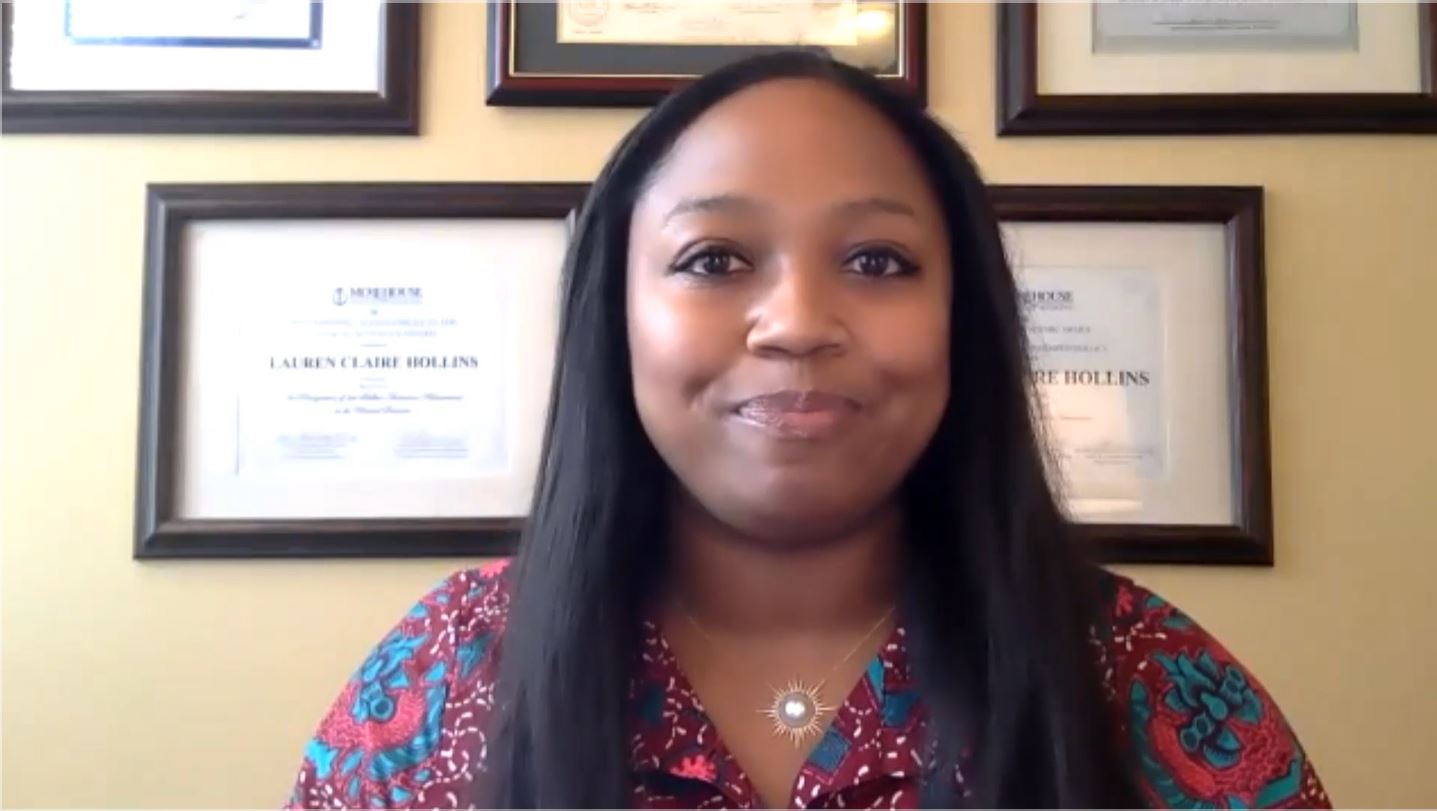Penn State Health providers discuss health disparities facing Black/African American communities

The imbalance between research and funding on issues related to Black patients and white patients is a continuing problem that must be resolved to provide the best possible health care.
That was the consensus of speakers during the “Health Disparities Facing Black/African American Communities” virtual event on Feb. 26. A recording of the session, presented by the Office for Diversity, Equity and Inclusion, is available.
The researchers said they continue to encounter barriers to equitable research and see systemic racism in health care.
This is a leading public health concern, said L. Claire Hollins, MD, assistant professor in the Department of Dermatology. She said physicians and researchers have a responsibility to raise awareness about disparities in research funding. She ticked off examples that showed medical issues affecting white patients are funded more heavily than those that affect Blacks. Cystic fibrosis, which primarily affects one out of every 2,500 white people, receives far more research and philanthropic funding than sickle cell anemia, which impacts one in 365 black people, she said.
David Saunders, director of the Pennsylvania Department of Health’s Office of Health Equity, said historical impediments exist that contribute to disparities. He said Blacks and Latinos are three times more likely to live in poverty than whites, and Black adults are less likely to see a doctor than whites because they cannot afford the cost and lack health insurance.
Claire Flaherty, PhD, MS, associate professor of neurology, said more needs to be done or disparities will continue to grow. To highlight her point, Flaherty said in 2020, during the pandemic, life expectancy dropped by eight months for white women and by 10 months for white men. But for black women the decline was 2 1/2 years, and for Black men the drop was three years.
Yet Flaherty said, because there is so much more awareness of the disparities, she is hopeful.
“In the wake of COVID-19, a new age is dawning in the approach to American health care,” she said. “One that promises to confront and resolve disparities between white and Black Americans better than any other time in our country’s history. That is something to feel optimistic about.”
Other speakers included Alain Lekoubou Looti, MD, MS, assistant professor of neurology, and Alicia McDonald, PhD, MPH, assistant professor in the Department of Public Health Sciences.
If you're having trouble accessing this content, or would like it in another format, please email Penn State Health Marketing & Communications.
